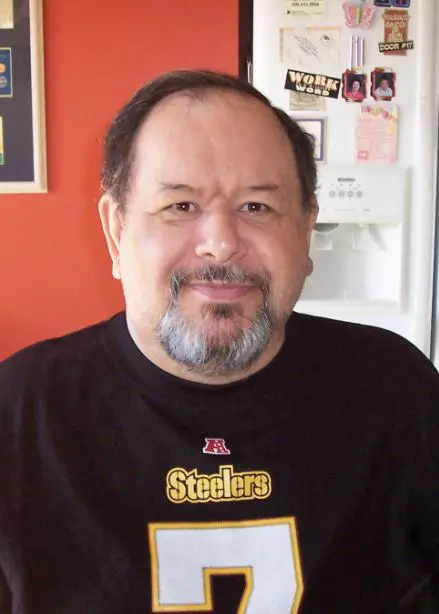LOW MOOR, Va. (VR)— Alleghany Highlands YMCA CEO Bobbie W. Wagner has been selected to participate in the 2025 Virginia Rural Leadership Institute cohort.
Wagner is one of 25 dynamic leaders representing 24 localities from across Virginia who has been chosen to join the 2025 VRLI class as the program enters its fourth year. The VRLI remains Virginia’s only leadership program dedicated exclusively to cultivating the talents of current and emerging rural leaders. Alleghany Highlands Chamber of Commerce and Tourism Executive Director Josh Taylor completed the program in 2024.
“I am humbled to have been selected for the 2025 Virginia Rural Leadership Institute cohort, “Wagner said. “This is indeed quite an honor.”
Wagner will graduate from the program in November or December. A component of the program also requires her to complete a community impact project locally.
“Each year, we are inspired by the energy, innovation and commitment our participants bring,” said Kristie Proctor, executive director of the Virginia Rural Center. “VRLI continues to be the destination where leaders from across rural Virginia can build lasting connections, sharpen their leadership skills and find creative solutions to strengthen their communities.”
Excitement continues to grow around VRLI, exemplified by the strong number of applicants and the competitive selection process for the 2025 cohort. The 25 chosen members represent a broad range of rural towns and counties. They bring diverse professional experiences and perspectives to the program, including backgrounds in economic development, education, community services, tourism, public safety, media and local government.
“The continued success of VRLI is a testament to the incredibly talented folks in rural Virginia,” said Sen. Creigh Deeds, D-Hot Springs, chair of the Center for Rural Virginia. “We are proud to support a program that not only nurtures leadership but also strengthens the deep sense of community pride that defines rural areas.”
As a signature part of VRLI, cohort members will complete their community impact projects — real-world initiatives that leverage their leadership training to create positive change within their communities. Each project is supported by guidance from a wide range of subject matter experts.
The 2024 cohort, which graduated in November 2024, is currently finalizing their projects, while the incoming 2025 cohort will launch their initiatives this spring and complete them by 2026.
“Community impact projects are a powerful way for cohort members to take what they learn and immediately reinvest it into their communities,” said Bryan David, chair of the Council for Rural Virginia. “These projects embody the spirit of VRLI — leading by example, strengthening communities and giving back to ensure a stronger future for rural Virginia.”
The 2025 VRLI program kicked off May 7-9 in Danville, South Boston and Halifax. It includes additional sessions across rural Virginia with visits slated in southwest Virginia (Abingdon, Marion and St. Paul), the Shenandoah Valley (Luray, Broadway and Weyers Cave) and the Middle Peninsula and Northern Neck (Tappahannock, Warsaw and King William County). Each session immerses cohort members in local success stories and
challenges while offering hands-on leadership and community development training.
“I am very excited to participate in this experience over the course of the year, along with 24 other leaders across the commonwealth, representing the rural communities we care about and serve,” Wagner added.
Current VRLI sponsors include Virginia Housing, Dominion Energy, Microsoft, Mid Atlantic Broadband Communities Corporation, the Virginia Poultry Growers Cooperative, Danville Community College and the RiverLink Group. The center continues to expand partnerships as momentum around the program grows.
The Virginia Rural Center is a collaborative partnership of the Sen. Frank M. Ruff Jr. Center for Rural Virginia and the Council for Rural Virginia, who work together toward the mission of economic prosperity for rural communities throughout Virginia.
Together, the center and the council work with federal, state and local policymakers as well as private sector stakeholders to improve economic opportunities and preserve the quality of life throughout rural Virginia. Learn more about the center and council at www.cfrv.org.

 The Shadow
The Shadow






